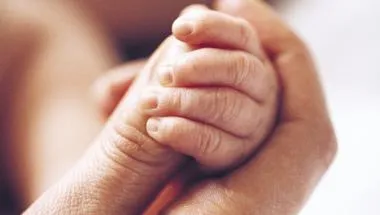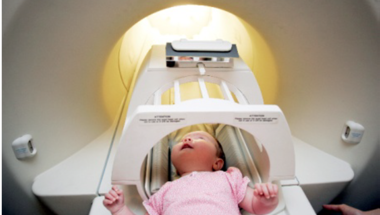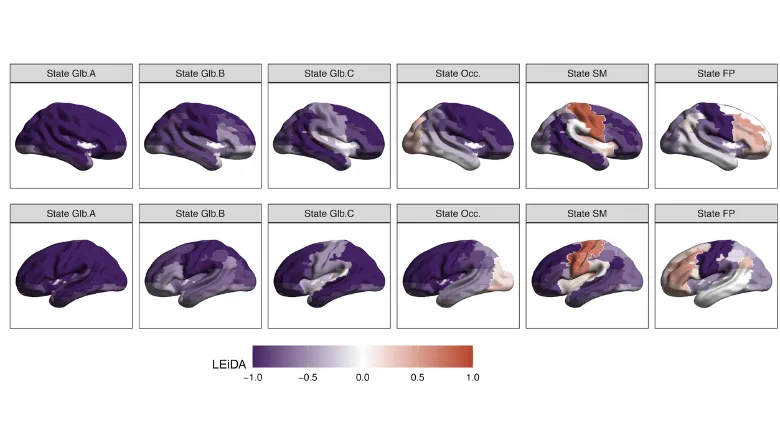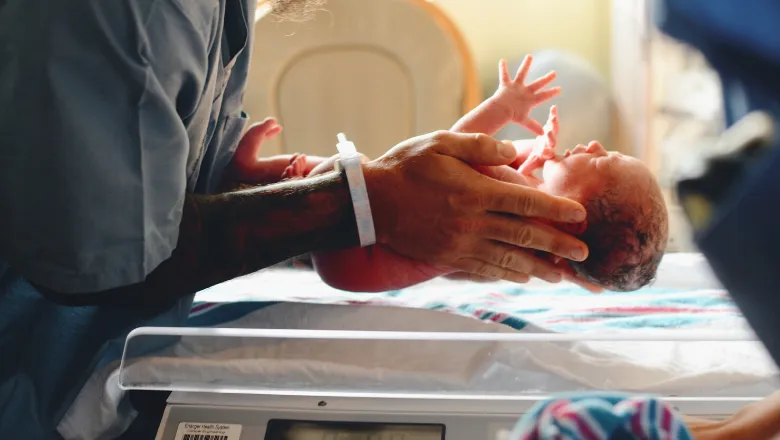Dr Batalle is a Senior Lecturer in the Department of Forensic and Neurodevelopmental Sciences, at the Institute of Psychiatry, Psychology & Neuroscience and the Department of Early Life Imaging.
He leads the Computational Developmental Neuroscience Lab and uses mathematical tools and computational models to study the emergence of structural and functional brain organisation during early development and how it changes through the lifespan, from infancy to adulthood.
His lab uses a variety of methods including graph theory, signal processing, and machine learning tools to characterise brain networks and features associated to atypical neurodevelopment, aiming to identify key developmental processes related to neurodevelopmental conditions such as autism and ADHD.
They also characterise dynamic functional connectivity in neurodiverse populations through the lifespan, and how sensory stimuli modulates brain cognitive processes.
Research interests
- Neuroscience
- Imaging sciences
- Neurodevelopment
Research groups
Teaching
Dr Batalle is the Dissertation Module Lead for MSc in Clinical Neurodevelopmental Sciences, and contributes to teaching and supervision in a variety of courses including MSc in Neuroscience, MSc in Women & Children’s Health and MSc/MRes in Healthcare Technologies.






